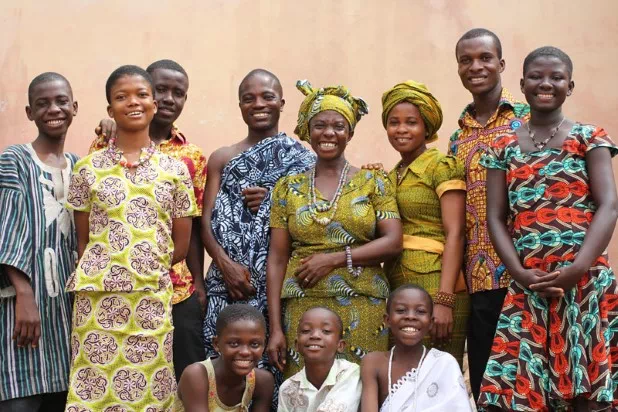
While the nuclear family model is predominant in many parts of the world, African societies continue to thrive on the foundation of extended family systems. In these communities, the roles of aunts, uncles, grandparents, and cousins are not only significant but essential to the fabric of daily life, fostering a deep sense of connection, support, and resilience.
A Cultural Backbone
In Africa, family is not just about parents and their children; it encompasses a broader network of relatives who contribute to the upbringing, education, and well-being of each member. This extended family structure, deeply rooted in tradition, ensures that children grow up with a wealth of role models and mentors. Aunts and uncles often act as secondary parents, providing guidance and support, while grandparents instill cultural values and historical knowledge.
Community and Care
This communal approach to family life offers numerous benefits. In times of need, whether due to economic hardship, illness, or other challenges, the extended family acts as a safety net. Relatives pool resources, share responsibilities, and offer emotional support, ensuring that no one faces adversity alone. This collective care extends to child-rearing, where responsibilities are shared, allowing for a nurturing environment that is both diverse and inclusive.
An Inherent Resilience
The extended family system also contributes to the resilience of African societies. By maintaining strong intergenerational bonds, communities are better equipped to preserve cultural heritage and traditions. This continuity is evident in ceremonies, festivals, and daily practices that celebrate and reinforce communal values.
In countries like Ghana and Nigeria, family gatherings are grand affairs where stories are passed down, and life lessons are shared. These gatherings are not merely social events but critical moments for cultural transmission and reinforcement of family ties.
Adapting to Modern Challenges
While the extended family system remains robust, it is not without its challenges. Urbanization, economic pressures, and globalization are reshaping family dynamics. However, many African societies are finding ways to adapt, blending traditional practices with modern realities. In urban areas, for instance, technology is helping to maintain connections among family members who may be geographically dispersed.
A Model for the World
The strength of the extended family system in Africa offers valuable lessons for other parts of the world. In an era where social isolation and fragmentation are growing concerns, the African model of familial interconnectedness provides a powerful example of how strong family bonds can foster community, support, and resilience.
As the world continues to evolve, the enduring traditions of African extended families remind us of the importance of community and the profound impact that a network of supportive relationships can have on individual and collective well-being.
In African societies, the extended family is more than just a social unit; it is a vital component of cultural identity and communal strength. By embracing and adapting these age-old practices, African families continue to demonstrate the enduring power of unity, resilience, and shared responsibility. As the world faces increasingly complex social challenges, there is much to learn from the African experience of family and community.
